10 Ways I’m Treating My Post Natal Anxiety
No one goes through pregnancy expecting illness after childbirth – but I did.
Having a baby is one of life’s beautiful experiences; incredibly rewarding but often hard work. My pregnancy was difficult and tinged with worry and although I looked forward to finally meeting my baby, I held a fear in the back of my mind. With a history of depression I almost prepared myself for PND. What I didn’t expect was a sudden avalanche of anxiety hitting me like a concrete slab in the face.
My mental illness is exactly that, an illness, no less genuine than if I’d suffered delivery injuries. But I’m admittedly the worst person for reminding myself of this when I’m feeling guilty, ashamed, unworthy, an embarrassment. But just like a physical trauma needs treatment and takes time, so does my mental health. No condition is alike, so I can’t promise any one of these things that’s helping me will definitely help you, but if I can encourage just one person it’s worth me writing this post.
Here’s ten ways I’m treating my post natal anxiety:
1.Routine
When I first had Reuben, everything was new to me. My life was changed in an instant and I had to quickly figure out when to feed, when to nappy change, when to change clothes, when to wash. There was no regimen, no previous experience, and the early weeks that followed were spent on edge, never knowing what was to come next.
My Mum would often say to me, “babies like routine”. And I found she was not only right about babies but that it was true for the parent too. Learning Reuben’s feeding and sleeping patterns helped us fall into a natural routine, and everything else just fits in. Knowing what I’m doing the minute I get up really helps me focus efficiently and I don’t stress so much about when to do what as I did before.
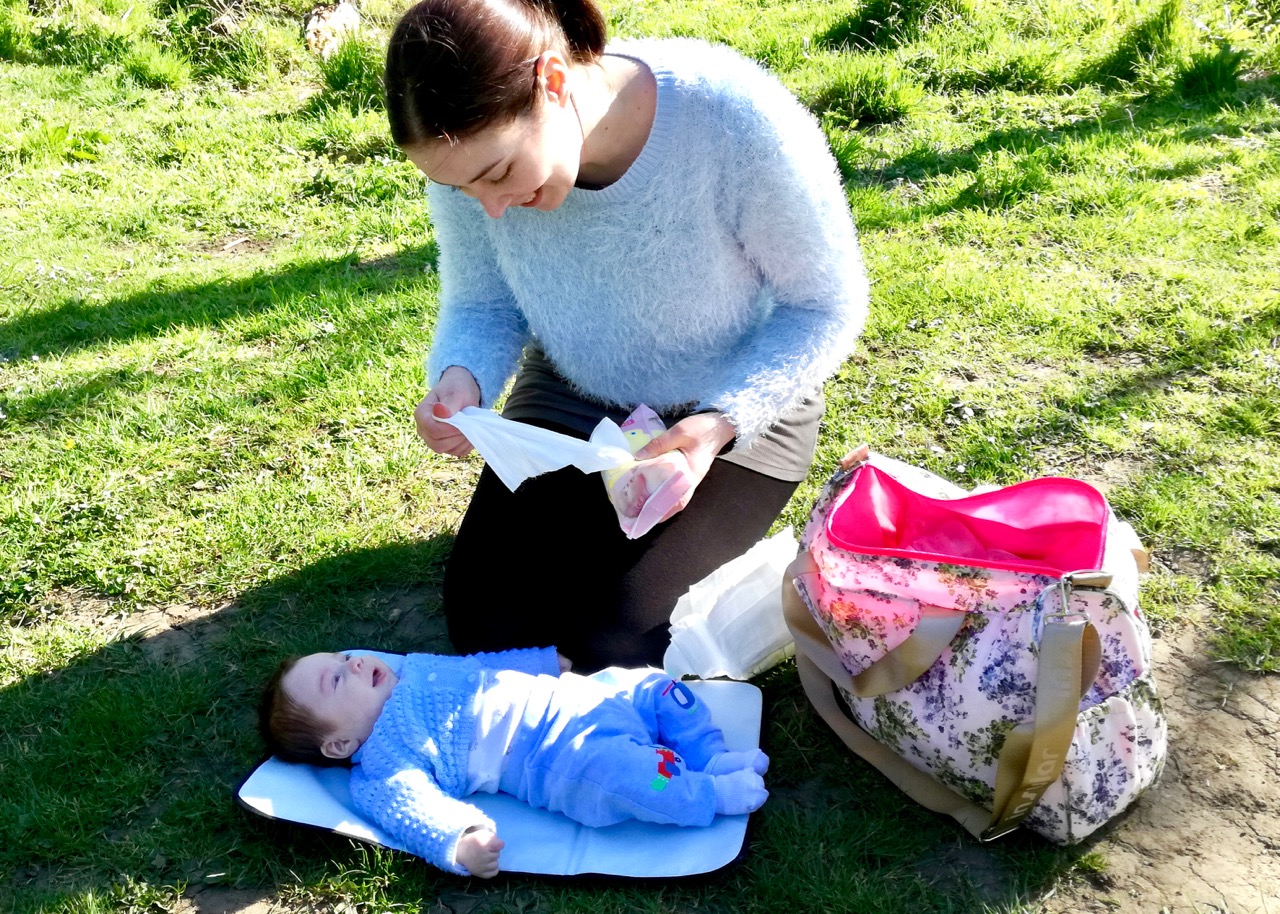
2.Facing my Fears
Learning to care for a baby was intensely frightening from the beginning. Changing Reuben’s nappies and knowing what to do when he cried made me cry. The fear I felt reminded me of a time when I used to be extremely fearful of going out and being on my own. It was all consuming fear that frazzled my brain and threw any shred of sense out the window.
Facing fear head on is the biggest challenge but effective. By forcing myself to do what scares the heck out of me has gradually reduced my fear. Deciding that nappies were now solely my duty (because I knew I struggled with it) has got me to the point where it’s now no problem for me, and I actually really enjoy it. The same goes for my videos. Putting myself on camera was one of the worst things I could imagine doing because you’re completely vulnerable – the world would see me in all my anxious state, tripping over my words, forgetting what to say next. But I persevere because I need to instil in me that fear is a limitation; limitations only reduce my capability and my perception of reality isn’t necessarily what the world sees.
3.Connecting
Being a stay at home mum is lovely but sometimes I feel out of touch and clueless. I’m very much an introvert with my social skills a constant work in progress. It’s not about not liking people; I can get on with people, I can really like people and love spending time with those I consider friends, but sometimes when I’m in my safe-zone I just don’t want to step out of my bubble and meet anyone or do anything. Even texting can feel off limits to me, like a compulsion I can’t allow myself to respond; thinking what to say, panicking how to continue the conversation.
So I avoid all these opportunities to connect with people which, if I actually stepped out and engaged in, would actually help me. If I go to the baby groups, meet up with the other mums I’ll get support – the stuff I need to keep me going! I don’t know about you but when you get to have a good old moan, laugh at the little parenting disasters or need some reassurrance, it makes all the difference just to chat with likeminded people. Even online, there’s other mums on social media, their blogs, even twitter chats, which don’t require leaving my safety net but still make me feel engaged with the world around me.
4.IAPTs
After various assessments I was offered the services of the IAPTs ‘Improving Access to Psychological Therapies’ team, who I go and see every few weeks at the hospital. It’s a talking therapy that focuses on your goal of overcoming anxiety and acting on solutions that will help you get there. On my first appointment I felt confused about what my problems were, where they stemmed from, and I just couldn’t make sense of anything. I needed structured help and in a way, accountability.
Discussing things and bringing them out into the open has helped chip away my issues, helps me understand what feels like conflicting feelings and focusses my mind where I need to spend my energy. I come away each time with homework, recording my activities, thoughts and feelings to progress with at the next appointment. I was even given a CD containing a relaxation routine and I’m taught how and when to practice specific breathing techniques. It’s not easy, it’s time consuming each day and the process is definitely not quick, but it gives me the tools to help me through my most anxious episodes.
5.Relaxing
Since Reuben was born I never took time to relax. I never feel like I have time to relax and it’s still something I struggle with. When you’re stressed out and constantly on edge you remain in the ‘fight or flight’ mode, alert, ready to react to impending danger and this is often my typical stance; tensed up with my body held in awkward positions, my muscles strained and aching. While I do have fibromyalgia, I can attribute many areas of my discomfort to my inability to relax.
Now I’ve been made aware of how the human body reacts to stress this awareness opens my eyes to how I’m holding my body and I can quickly identify where I can ease my anxieties; relaxing my tense shoulders and breathing longer, deeper breathes, during normal parts of the day but especially through the anxiety attacks. The breathing and relaxation techniques I’m being taught follow a specific structure and I need to make time in the day to do them, but the more I focus on my breathing and posture the more it’ll help me manage my stress longterm.
6.Medication
Before I received any form of therapy I started on anti-depressants. I was in a very bad way when I was still in hospital and started taking my medication the day I came home. They’re tablets I used to take a few years prior to when we conceived Reuben, so I knew I’d be okay on them, and in all honesty I was desperate for them.
I felt like I needed some form of tranquiliser, to calm me down and reduce my intense levels of anxiety, and thankfully the midwives, doctors and nurses who I spent my time with in hospital knew I’d benefit from it too. Psychiatry may work very well long term, but for the immediate effect medication can really help and it’s continuing to work in combination with my therapy. I know I’ll have horrible withdrawals when I decide to come off the meds, but in the meantime it’s very much an important part of my treatment.
7.Crying is Baby Talk
A baby’s cry is one of those things that you can’t understand but just know it’s stressful and something you need to end. That’s how I felt anyway. I’m still working on my struggle in some ways and I’m much improved on the beginning, but crying always gets me so stressed. I can’t cope not knowing what Reuben needs or wants from me, and when I try to answer his call and he continues to cry, even crying harder, I’m practically pulling my hair out. Calling out ‘help me!’ to my OH because I genuinely need rescuing makes me feel so stupid and useless, and I’m shamed to admit I occasionally need to leave the room I’m so panicked and upset.
While I don’t understand why I react so intensely, I know it’s my maternal instinct that’s stressing about not meeting Reuben’s needs. This is where my breathing techniques can help me calm down. Thankfully, in recent times I’ve noticed that when hearing Reuben cry would make me panic, it’s helped me push through and cope with the rising stress. I’m also trying to remind myself that a baby’s cry is just communication. When Reuben cries for food, or if he’s pooped while sitting in his car seat or doesn’t feel comfortable in his pushchair it’s because he’s telling me. Crying is baby talk – Reuben’s only way of getting mum and dad’s attention and getting whatever it is he needs. So while Reuben’s cries can still unnerve me, I now know he’s concerned whether we understand him, and I talk to him, telling him it’s okay, we’re dealing with it.
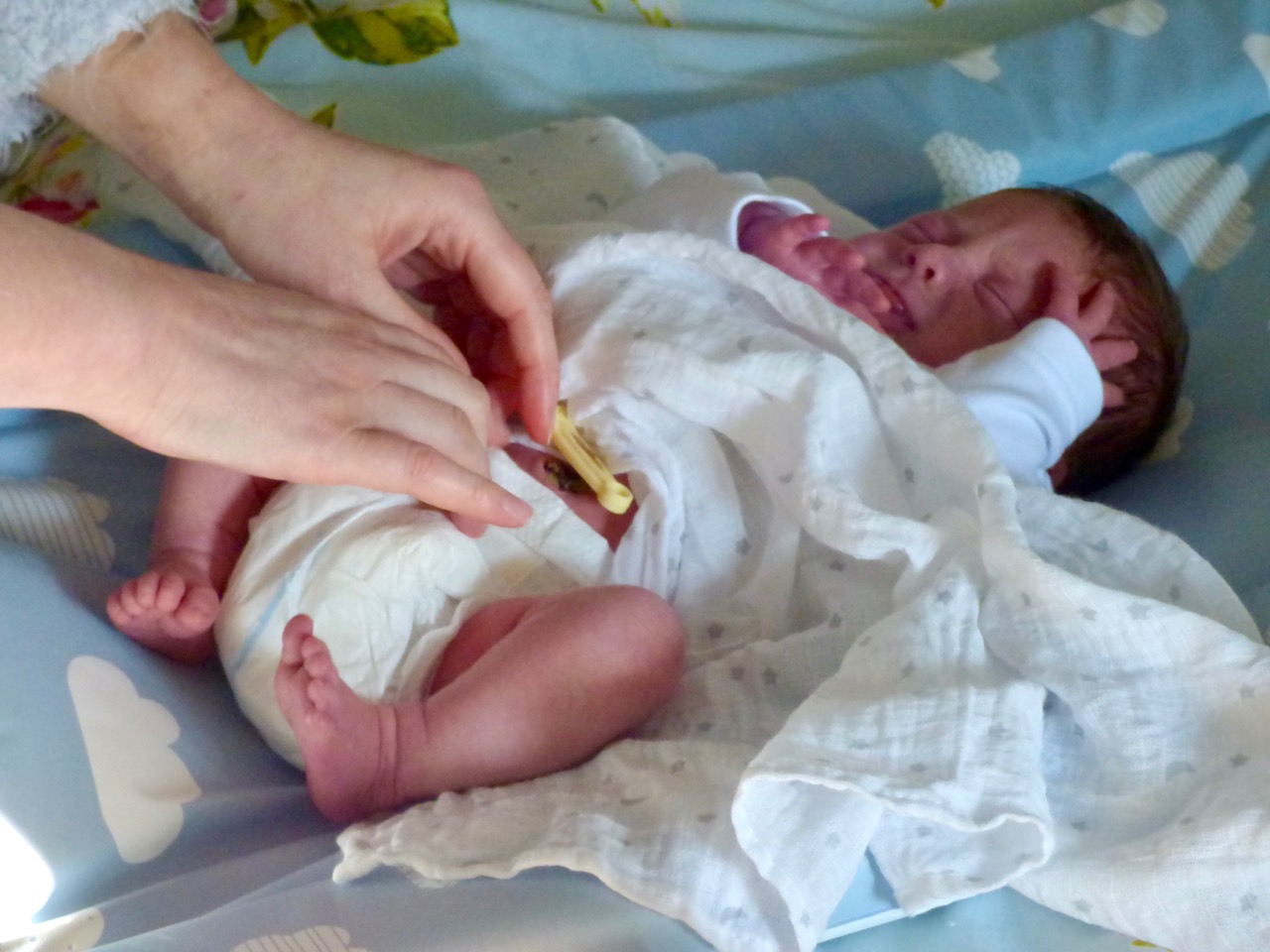
8.Rationalising
Some scenarios can really get my anxiety levels raising more than others – crying, nappy changing in public, needing to make up formula feed in public, pee accidents requiring a change of clothes. It can be especially stressful when something unexpected happens out of the blue and I have to think in a moment how to act on it, but sometimes nothing needs to happen for me to worry too much that it will.
Analysing and breaking down every scary scenario has particularly been helpful for me. Thinking “what’s the worst that could happen?” came from my GP; it makes me see that what I consider is a horrific situation maybe isn’t actually all that bad, and anyway, I can’t control whether the worst happens. I can’t change the fact Reuben’s peed all over his outfit (or whatever stressful scenario) I just have to go with the flow. That’s life. And life doesn’t end just because an outfit’s peed on. Ultimately, whatever happens, happens.
9.Having Faith
Sometimes I just feel so alone. When I’m feeling depressed and ashamed of myself for being a failure I don’t feel able to talk to anyone. Even calling the Samaritans feels out of reach, because I feel like I’m wasting their time and will get told off.
I’m quite rubbish at going to church every week, but I do pray all the time. Even in the darkest moments when all I can do is cry in my uselessness or when I feel like I’m going to explode, praying gives me an anchor and I know my voice will be heard. My faith always saves me from jumping when I all I want to feel is nothing. Being a Christian doesn’t take my life’s stresses away but it does help me cope. I know God is right there in the moment with me, and in a way I feel like the size of my anxieties are nothing compared to the world He created. That sense of spaciousness gives me a bit of breathing space.
10. Support Network
Parenting is not easy. Honestly, if it were all down to me I’m not sure what kind of sanity I’d have to my name. I probably sound like I’m being hard on myself but truthfully, I don’t understand how one person gets everything and the baby all ready to start the day and leave the house on time.
The old saying “it takes a village to raise a child” comes into its own when you’re ill and can’t parent by yourself. My other half and I share the parenting of Reuben and I’m so thankful for it. In times of need you have to accept offers of help whether that’s from a hands on mum or close friend, and speaking of my own experience, I just appreciate how things are working out sharing the responsibilities. Again, it’s about looking for the positives and making the best of a situation. Working as a team works for us in this moment in time because it helps me move forward and gain confidence, and the other half loves every minute raising his son so it’s a win-win, really.
If you think you may be struggling with your mental health or would just like to chat about what you’ve read above, please feel free to email me or comment below.

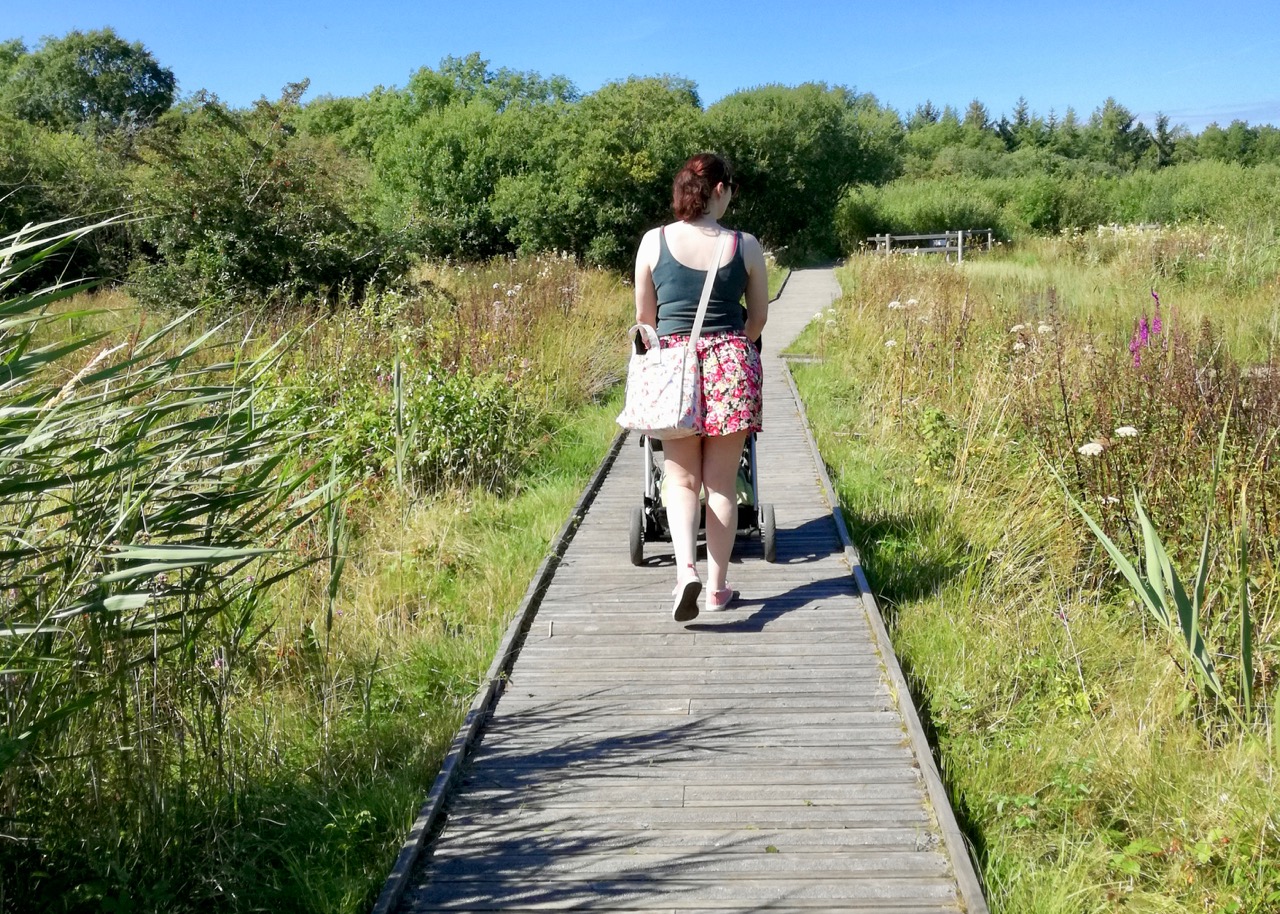
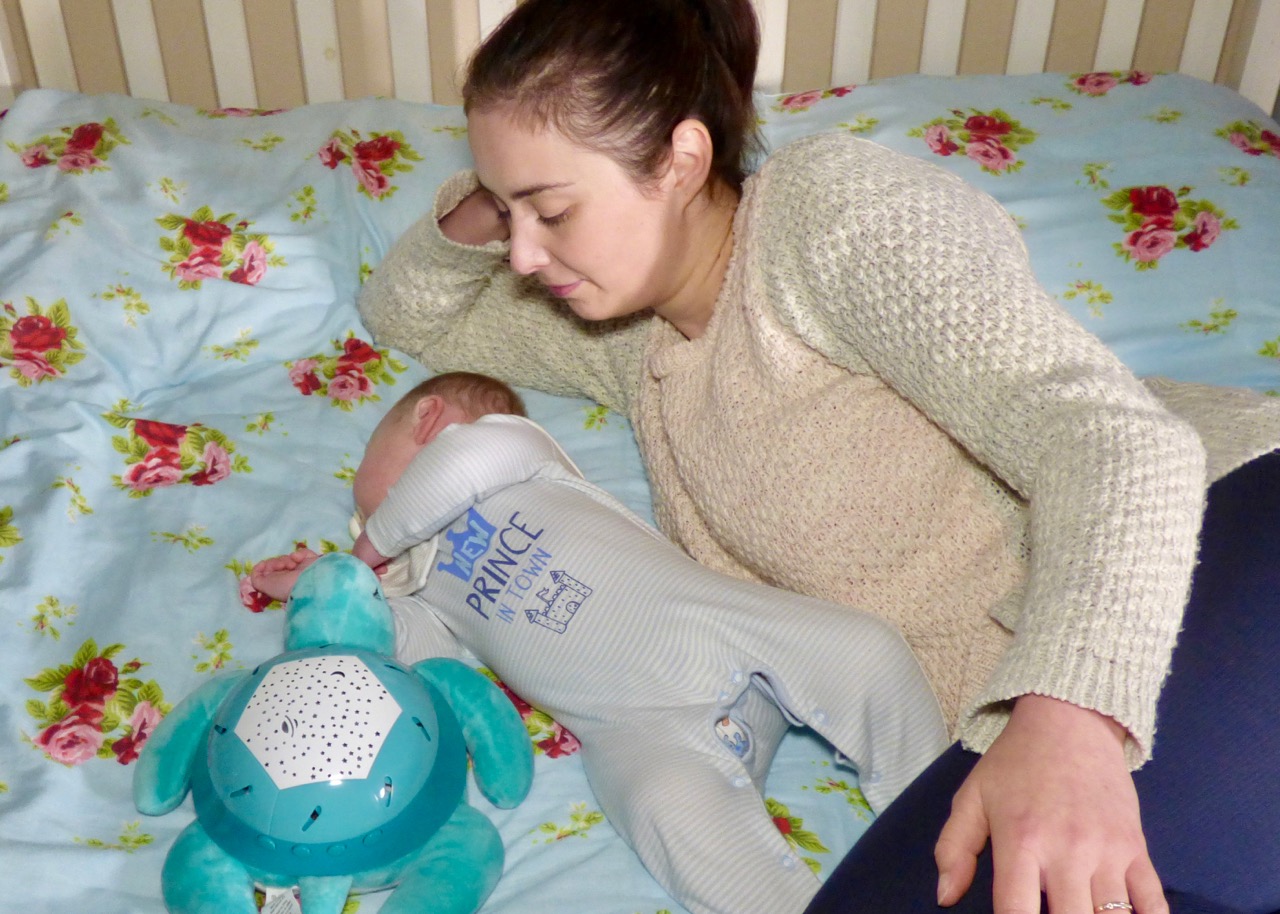
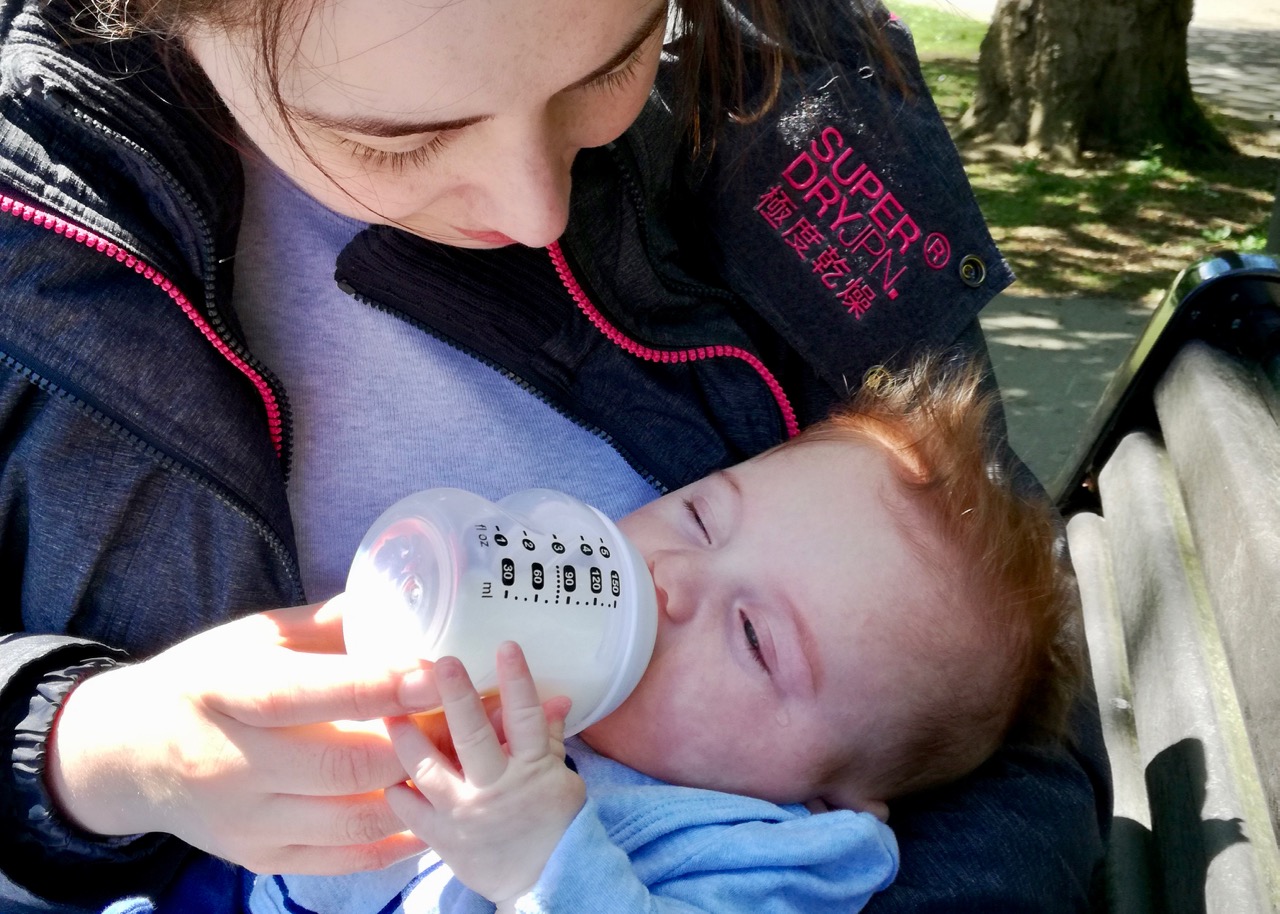

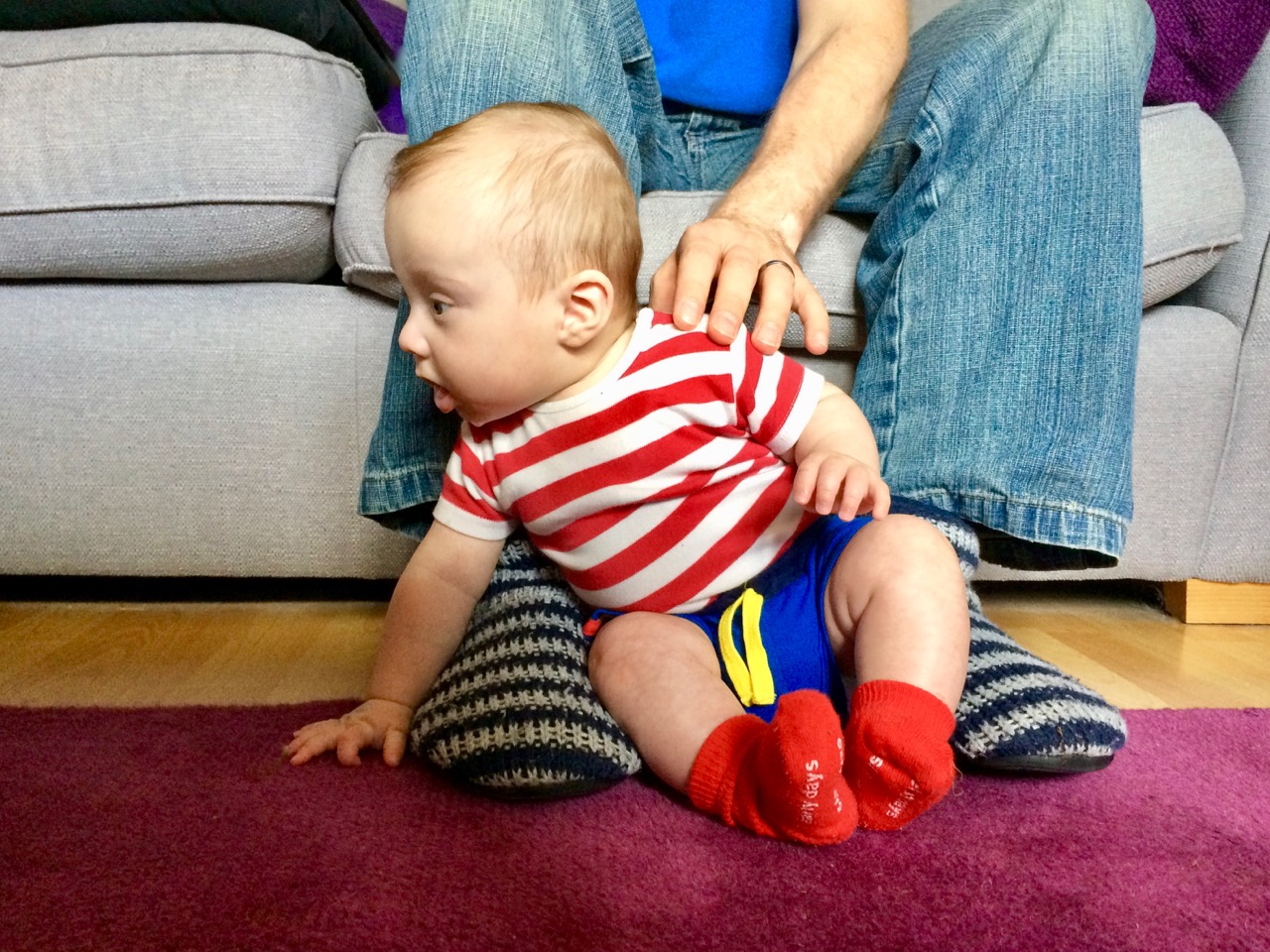
Leave a Reply